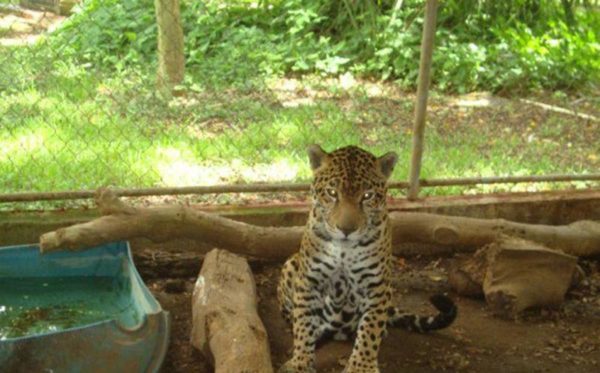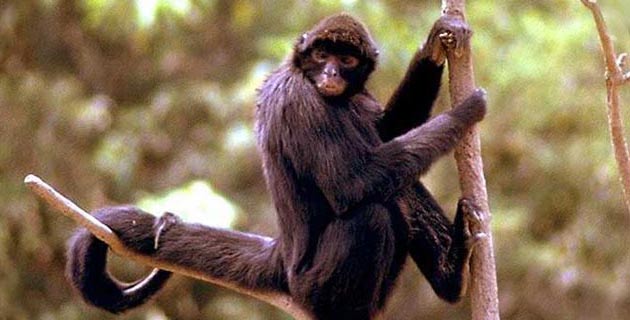As an official Unit for the Promotion of the Conservation and Sustainable Use of Wildlife (UMA), Merida’s “El Centenario” Zoo is responsible for the care of animals confiscated by Profepa, mostly birds and monkeys, but also reptiles, felines, and other species.
So far they have rescued around 50 animals . The technician and biologist who works at El Centenario, Sandra Bautista Delí, explained that when an animal confiscated by Profepa arrives to the Zoo, they need to know what type of food they were fed, in order to adapt it to what each species should eat.
“Sometimes they have to go through a fairly long process, in some cases it is faster, this depends on the type of animal and the treatment they received. With primates the adaptation is relatively fast. For the felines it takes a little longer. In many cases, these animals were fed leftovers, which is obviously not good for wildlife, so they need to go through a process of adaptation.” Bautista said.
In the same way, a management plan has to be made for each specimen, which includes deworming, vitamins, among others, since most of the animals are taken to other sanctuaries but that depends on Profepa.
Technician and biologist Joaquin Chan Jimenez, who also works at “El Centenario” regretted that the trafficking of animals continues, not only in the State but in the country in general, since “removing a species” from its natural habitat prevents it from functioning the right way in their life cycle.
Source: SIPSE




